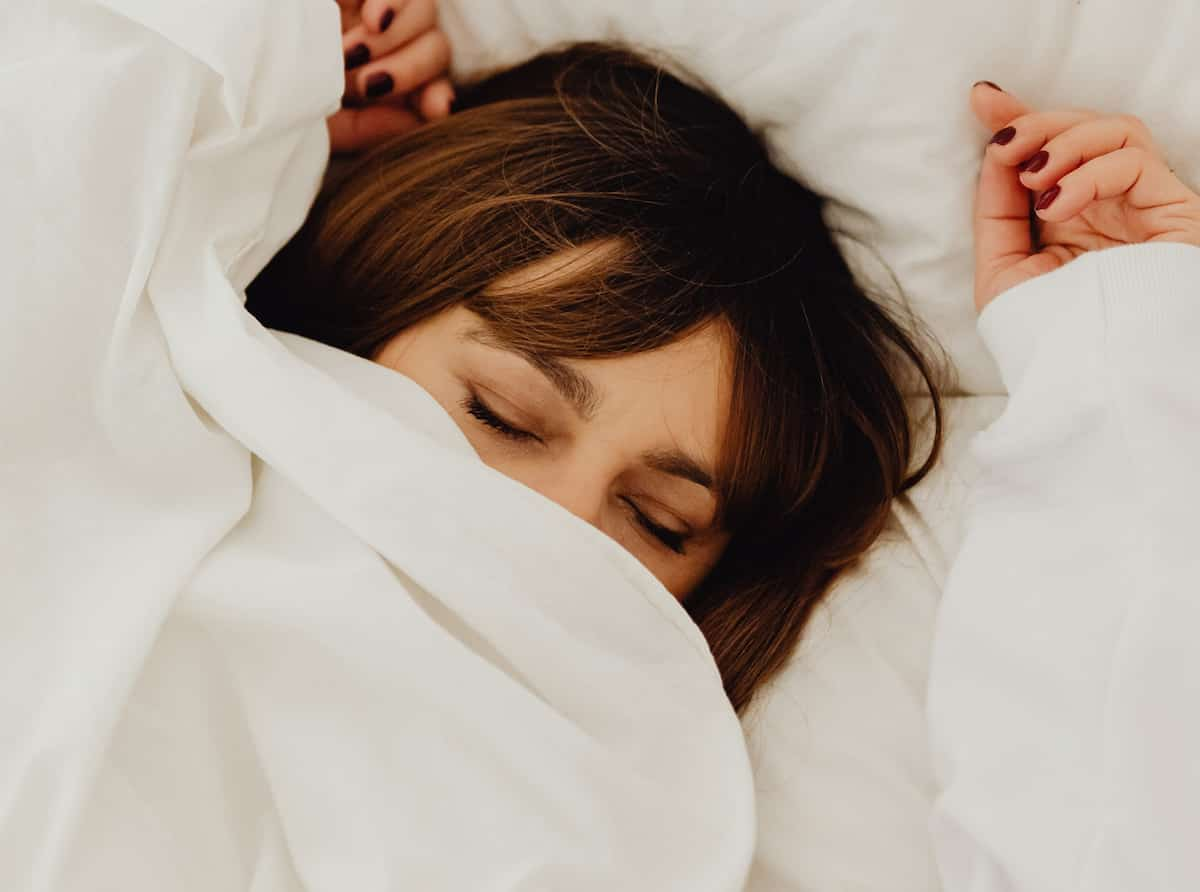The study of 32,000 nurses is the largest ever to look at the link between depression and chronotype.
Women who go to bed early and rise early are less likely to develop depression.
Studies have also found that both men and women who are ‘early birds’ have a lower depression risk.
This study of 32,000 nurses is the largest ever to look at the link between depression and chronotype.
Chronotype is the technical term for whether you are naturally early to bed and early to rise, or late to bed and late to rise — or, somewhere in between.
Among the nurses, 53 percent described themselves as intermediate, 10% as evening types and 37 percent as early risers.
The women were followed for four years to see who developed depression.
Dr Céline Vetter, the study’s first author, explained the results:
“Our results show a modest link between chronotype and depression risk.
This could be related to the overlap in genetic pathways associated with chronotype and mood.”
The increased risk for evening types was between 12 percent to 27 percent.
This was after other risk factors had been taken into account, such as being a smoker and having an erratic sleep pattern.
Dr Vetter said:
“This tells us that there might be an effect of chronotype on depression risk that is not driven by environmental and lifestyle factors.”
Genetics plays a fairly large role in whether you are an early bird or a night owl.
However, there are other factors, Dr Vetter said:
“Alternatively, when and how much light you get also influences chronotype, and light exposure also influences depression risk.
Disentangling the contribution of light patterns and genetics on the link between chronotype and depression risk is an important next step.”
The study does not tell us that all night owls are doomed to be depressed and there are also ways of lowering the risk.
Dr Vetter advises:
“Being an early type seems to beneficial, and you can influence how early you are.
Try to get enough sleep, exercise, spend time outdoors, dim the lights at night, and try to get as much light by day as possible.”
The study was published in the Journal of Psychiatric Research (Vetter et al., 2018).

